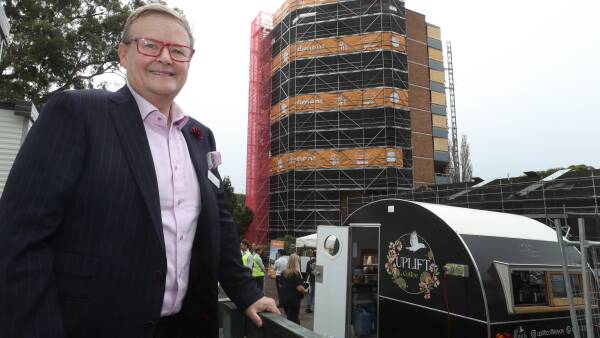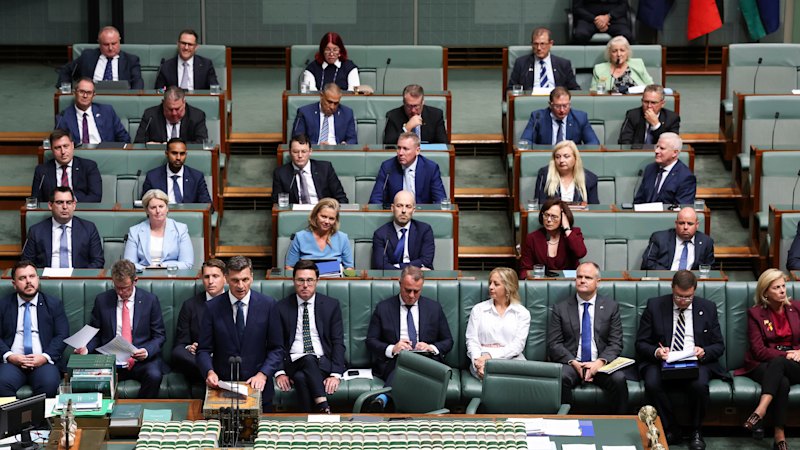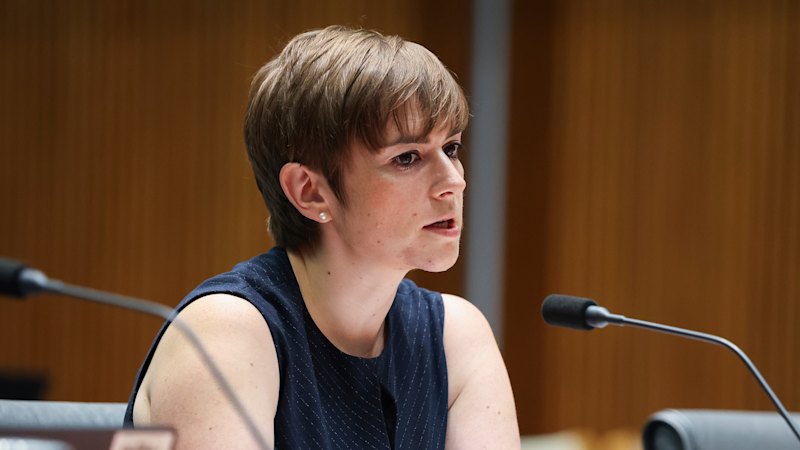
A recent poll revealed that Australians are divided on the recognition of a Palestinian state, with a significant portion of the population viewing the move as largely symbolic. According to the latest Guardian Essential survey, conducted with 1,034 respondents last week, 34% of Australians support recognizing Palestine, while 29% oppose it. The largest segment, at 37%, remains undecided.
The poll indicates that nearly half of the voters believe recognizing a Palestinian state at the upcoming UN General Assembly would neither advance nor impede the two-state solution, with 44% agreeing that the recognition is purely symbolic. In contrast, 30% of respondents feel that such recognition could bolster international efforts towards a ceasefire in Gaza and aid the two-state solution.
On August 11, 2023, Prime Minister Anthony Albanese announced Australia’s intention to support the recognition of Palestine, stating this move could facilitate self-determination for Palestinians and isolate Hamas. He emphasized that this approach could help end the cycle of violence in the region. At a subsequent press conference, Albanese defended the decision, arguing that joining the majority of nations in recognizing Palestine is a practical step towards fostering momentum for peace.
In addition to the Palestinian recognition debate, the poll highlighted Australians’ views on economic reforms. Following an economic roundtable, voters expressed a desire for the Labor government to adopt a bold reform agenda. A majority, 68%, supported the idea of the government being open to new ideas, while only 27% believed the government should limit itself to its election commitments.
On economic management, Labor holds a decisive lead over the Coalition. When asked which party voters trust to manage the economy, Labor received 41% support compared to 28% for the Coalition. Additionally, 42% of respondents believe Labor is better suited to make the economy work for Australians, further solidifying the government’s approval in this area.
The poll also examined attitudes toward regulatory measures. Over half of Australians, 54%, called for increased regulation of artificial intelligence, amidst ongoing discussions about the necessity of a new parliamentary act for this rapidly evolving technology. Furthermore, 48% of respondents indicated a desire for more childcare regulations and 44% supported increased regulation of social media platforms.
Despite concerns from various business groups about excessive regulation, the majority of Australians do not share this view. Only 29% believe there is too much regulation in Australia, while 50% feel the current balance is appropriate.
Support for a potential four-day work week, advocated by unions, gained traction, with nearly half of Australians expressing their approval for such a proposal. Only 24% opposed the idea, suggesting a shift in workplace preferences among the populace.
Approval ratings for political leaders remained stable, with Albanese enjoying a net-positive rating of 49% against 43% disapproval. In contrast, opposition leader Sussan Ley maintained a slight net-negative rating, with 35% approval and 37% disapproval, both figures reflecting a slight increase from previous months.
As the Labor government navigates these pressing issues, the public’s appetite for substantial reforms and their views on international recognition of Palestine will likely shape the political landscape in the coming months.







